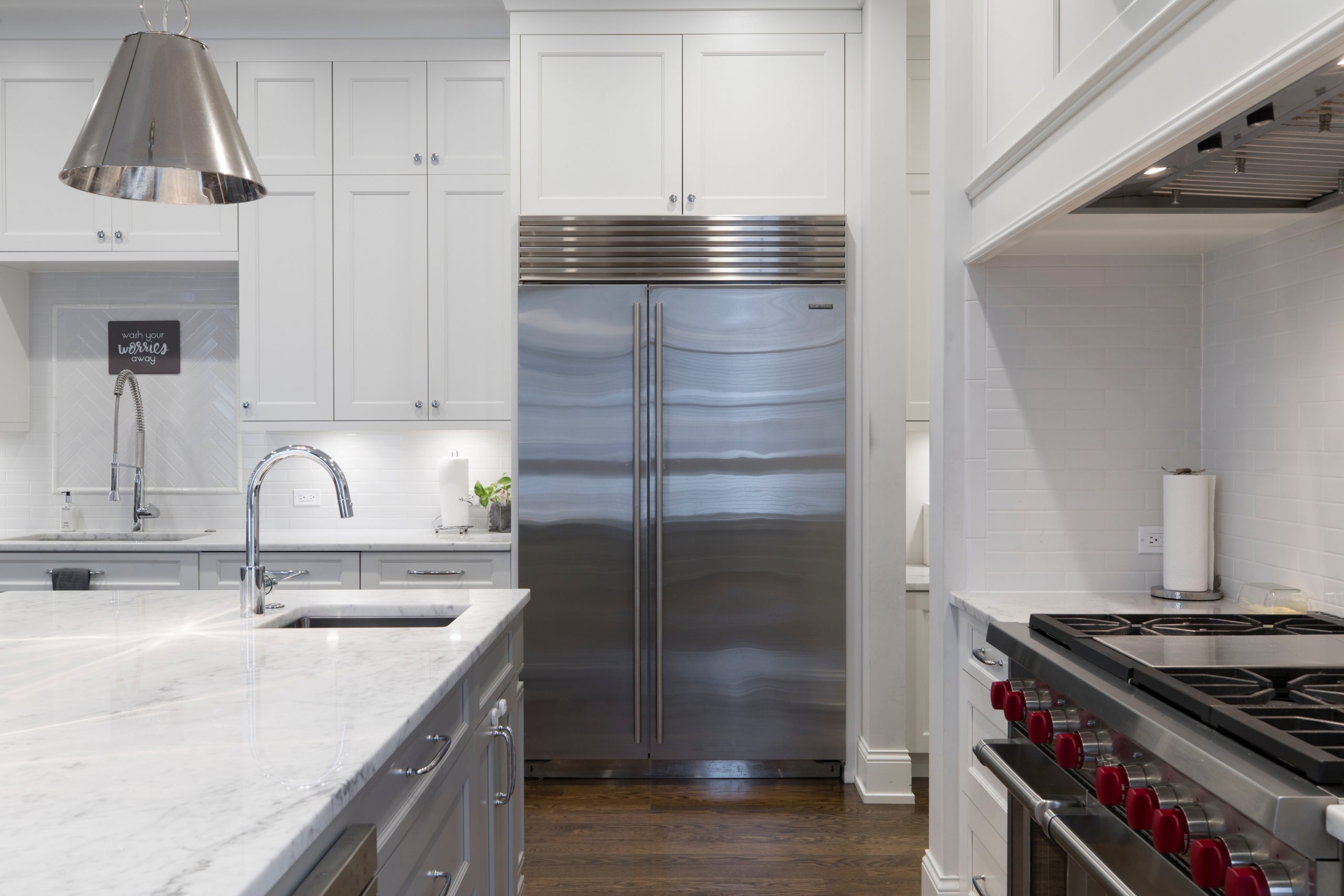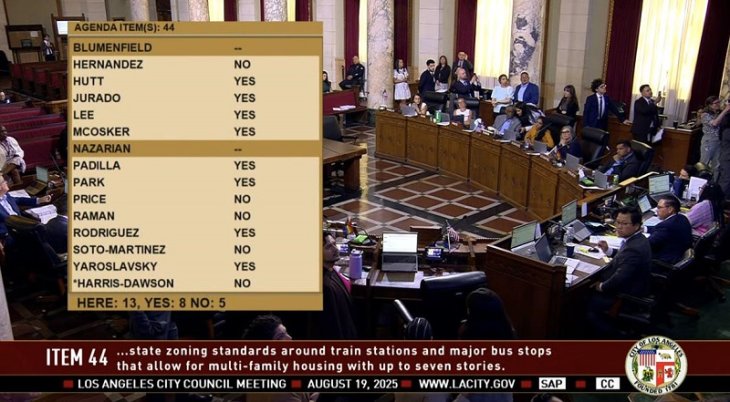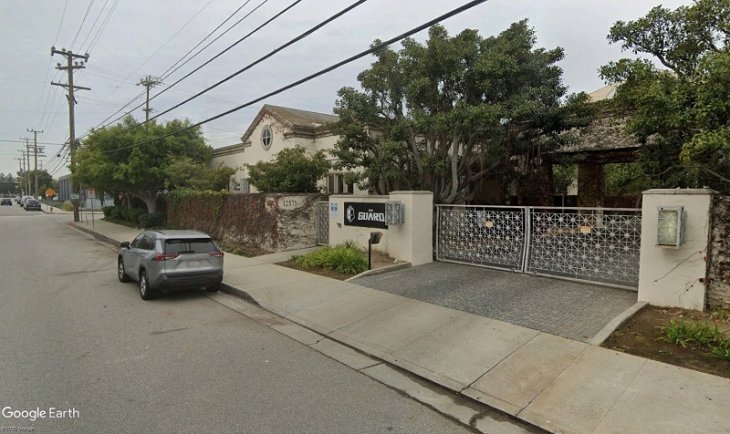When you purchase a home, you want to care for it as thoroughly as possible. A home warranty can assist you in achieving that – or it can be an unwarranted expense. A home warranty is not like home insurance covering your home in case of a disaster like a tornado or a house fire. Instead, a home warranty offers additional coverage on different systems around your home in case they need replacement or repair from normal wear and tear.
A home warranty typically is reasonably priced. However, the price depends on your plan coverage, home size, and area. Here are some factors to consider before purchasing a home warranty.
1. When Your Built Your Home
Most states necessitate a 10-year warranty for newly built homes. If your house was constructed within the last 10 years, you might not require a home warranty. That is because most states oblige builders to provide a warranty for the structural elements of a new home for at least 10 years. That prevents construction agencies from doing shoddy work in pursuit of profit.
These warranties cover components like electrical systems, plumbing, air conditioning, and windows. Therefore, if your home is newly constructed, it is likely covered by the builder’s warranty. So, buying an additional warranty may not be worth it.
When looking at the age of your home, you may also need to determine when the various systems in your home were last renovated. For example, the previous owner may have invested in a new air conditioning unit just before you purchased the property. Each appliance comes with the manufacturer’s warranty. If most of the appliances are still covered by the manufacturer’s warranty, you might not need home warranty coverage – for now.
However, if your home is more than 10 years old, you are a good candidate for a home warranty. Homes that are more than a decade old are not covered by any warranty. Therefore, you are strongly advised to get a home warranty to cover repairs that might be needed. Learn more about them here.
2. The Need for Remodeling
If you plan to remodel your home, anything your contractor adds will have coverage. When using a contractor, you will get almost a similar coverage as when buying a new home. A reputable contractor stands by their work by providing a warranty.
If you plan to remodel without hiring a contractor, you might need to purchase a home warranty. That will help you take advantage of your warranty to upgrade various elements that might need repair or replacement over time.
3. Your Diligence at Maintaining Your Home
Maintaining your appliances is crucial to ensure they have a long life. As mentioned above, a home warranty covers the everyday wear and tear of appliances in your home. A home warranty will not cover you if you don’t show regular maintenance of your appliances.
If you are not thorough about home maintenance, you should employ someone to do it. Regular home maintenance from a reliable handyman will keep your home in tip-top shape and make sure that your home warranty remains available.
Previous blunders in maintenance can also invalidate your home warranty policy. Therefore, before purchasing a new home, you should ask for a detailed review of the previous homeowner’s maintenance routine. If it appears that they were not diligent in their maintenance, you may want to examine your options with your warranty provider.
4. The Limits and Exclusions of Your Home Warranty Coverage
Every home warranty contract includes monetary limitations and exclusions. Limits are the exact monetary amounts that the warranty provider will pay to replace or repair your appliance. On the other hand, exclusions are the specific situations or items not covered under the warranty contract. Understanding the limits and exclusions of a home warranty helps determine which provider will be best for your specific situation.
5. The Cost of the Warranty
The cost of a home warranty depends on the type of plan you purchase and the provider you pick. You can buy one of the three types of home warranty:
· A plan for a specific appliance
· A plan for all the appliances in your home
· A plan for all your appliances and your electrical and plumbing system
The cost can vary depending on your area. You should also expect to have additional expenses when a contractor comes to do the repairs or replacement work. Ensure that you carefully read the terms and conditions of your specific coverage carefully.
A home warranty is an excellent security for some homeowners. For others, it is an unnecessary expense because they are covered by other types of warranties. You should take your time to examine your home’s coverage to decide whether to invest in a home warranty.


























